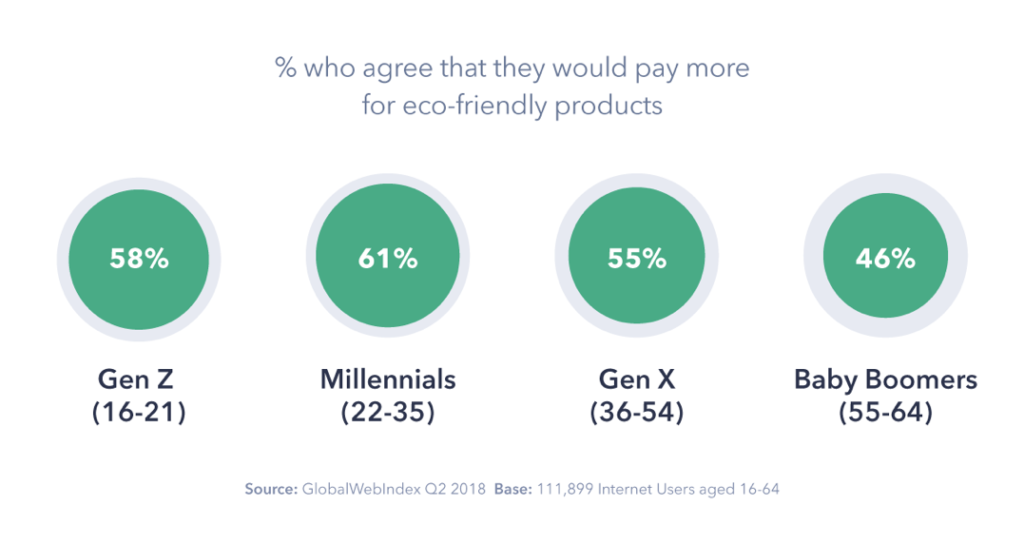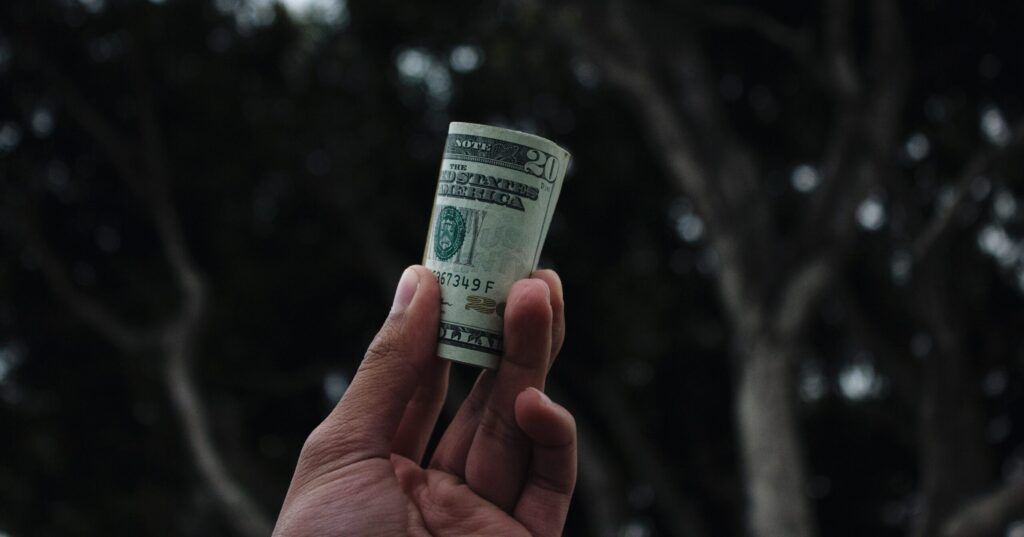Transitioning my consultancy’s focus from digital and technology transformation to sustainability transformation, I’ve started working with organisations of all sizes in their endeavours to become greener, more sustainable businesses. I’m hearing two key themes emerge in the past year: one, a realisation that sustainability is not only the ‘right thing to do’ but is just good business and, two, the road to get there can be complex and bring additional costs. It’s the cost element that gives many companies, especially small and medium-sized businesses, pause before embracing their sustainability transformation.
At a recent ‘Redefining Sustainability for Businesses in 2020’ series of events I held in the UK, the cost question was debated many times. The discussions always culminated in the stark realisation that the better question for businesses was ‘what’s the cost of NOT going sustainable’ in today’s climate (pardon the pun). The need to adopt more environmentally-conscious business practices doesn’t just relate to caring for our planet but is a logical, informed business decision on many fronts. Businesses are proving that sustainable practices lead to an improved brand image, competitive advantage, happier employees who want to stay and access to green investment – sustainability is just good business.
No matter the sector or industry, the focus on sustainability has never been greater and this is obviously no fad or passing trend. I encourage a business owner of any description, to take a moment to step away from the emotive argument around environmental damage and just have a pure business-strategy view. In any scenario, customer behaviour, expectations of employees, consumer trends and government legislation would all influence your business direction. All these drivers are now reality and strategic businesses are reviewing their processes and procedures as a result.
Again, and again, surveys and consumer reports are reinforcing the themes. One that caught my attention recently was the 2019 Retail and Sustainability Survey by CGS, a global provider of applications, learning and outsourcing services. CGS surveyed U.S. consumers on how sustainable products and business practices are driving their buying preferences. Despite price still being a big factor in purchasing decisions, consumers are putting an emphasis on sustainability, and are also increasingly focused on shopping with brands whose mission they care about. The results showed that more than two-thirds of the respondents consider sustainability when making a purchase and are willing to pay more for sustainable products. Equally, the World Economic Forum has found that an increasing number of customers aren’t just making decisions based on products or price anymore. They are ‘closely looking into what a brand says, what it does, and what it stands for.’ Their Global Web Index research reported back in 2018 that 61% of Millennials (aged 22-35) say they would pay more for eco-friendly products. Nielson, the global measurement and data analytics company, say 81% of respondents in their global survey said it’s ‘extremely or very important that companies implement programmes to improve the environment’.

If not to the overall goal of saving the planet, the findings of research like this should influence any company’s longevity strategy. Businesses that are prepared to put a focus on environmental sustainability are more likely to retain customers, talented employees and, potentially, charge more for their products and services. With my business hat on, the bottom-line for me is that it’s consumers who will force much of the change on businesses. They will start saying ‘unless you have a sustainability strategy and complete transparency of your whole supply chain, I will not buy from you.’ Equally, your employees will be thinking ‘I want to work for a company that is part of the solution, not part of the problem.’
When it comes to transforming our businesses, let’s cut through any confusion and remind ourselves that ultimately what a ‘sustainable, long-term business’ is all about is related to the well-known Charles Darwin quote: ‘It is not the strongest that survives, nor the most intelligent. It is the one that is most adaptable to change.’ That needs to be our businesses in the 21st Century.
Discussions around business transformation remind me of the decisions businesses faced in the past decade or more regarding ‘digital’ transformation. Going digital, having a company website, utilising social media strategies, having internal collaboration platforms and enabling flexible working, all required further investment. Today, it’s hard to imagine a company of any size not having a website and various digital working processes. In my capacity as a digital transformation consultant, I faced many company boards and world governments saying, ‘You have only two options. Disrupt yourselves or be disrupted.’ Changing customers’ digital behaviours, online expectations and new demands on engagement forced a change from the outside in. There was also a driver of change from bottom up as employees sought better digital tools and new ways of working. Today, digital is normalised and continues to evolve. The sustainability journey will be very similar. We are reaching a tipping point when businesses must realise it is ‘disrupt or be disrupted’ when it comes to sustainability transformation.
Businesses need greener operations, as well as greener options with products and services and must also widely communicate their commitment to sustainability. My clear message to businesses is that your customers and your employees expect to know where you stand and are actively seeking out businesses that are transparent, socially-conscious and environmentally aware.
Today, thousands of companies are working hard to reduce their carbon footprint, have greener supply chains, and transform their products and services to be more sustainable. This is good for the planet and good for business. Is there a cost to this change? – Yes. But, as the demand for sustainability grows and concerns about the consequences of climate change increases, all businesses will be faced with hard decisions around how they will adapt and respond. In deciding the response, perhaps the better question is – What is the cost of NOT going sustainable?
Tom Bryant is now channeling 20+ years of business and digital transformation experience into sustainability transformation for organisations. With his UK consultancy, TFB Consulting, he is proud to be focused on creating more sustainable businesses that are contributing to environmental, social and economic sustainability.
